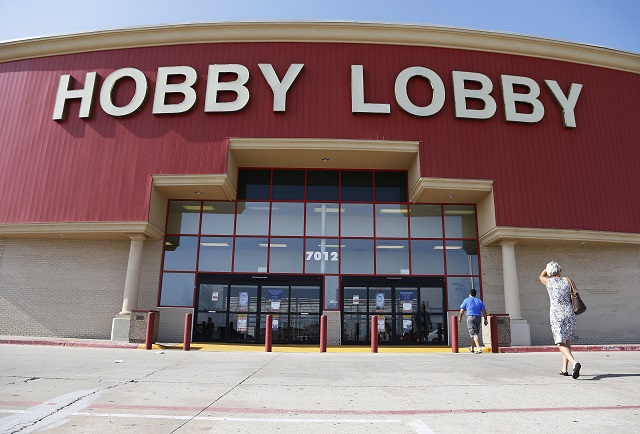
Credit: AP Photo / Sue Ogrocki
Former presidential candidate Mitt Romney famously declared that “corporations are people” while on the campaign trail in 2011. The Iowa State Fair crowd jeered him and Romney launched into a stammering defense. But, if you look at Supreme Court cases from the past 200 years, Romney’s assessment wasn’t too far off. Corporations may not be people, but they enjoy many of the same basic rights we do. We talk with UCLA law professor Adam Winkler about his new book, “We The Corporations: How American Businesses Won their Civil Rights.”
Three Takeaways:
- The first case to give corporations certain rights came in 1809 when the Supreme Court ruled corporations should have the right to sue.
- The rights of corporations also apply to nonprofits, like the NCAA and universities. And in some cases, those rights have translated into more freedoms for minority groups, like African Americans.
- Believe it or not, the notion of commercial free speech was pioneered by liberals. Before 1976, pharmaceutical companies were restricted from publicly posting their drug prices in some states, making it difficult for people to find the cheapest option. The Supreme Court lifted that restriction saying that free speech is as much about the “listener” as it is about the “speaker.”
More Reading and Watching:
- The Atlantic takes a look at a lie the Supreme Court fell for back in the 19th century from former nominee Roscoe Conkling which would lay the groundwork for corporate rights.
- Harvard Business Review investigates what the founding fathers thought about corporations.
- Comedians tore into the Supreme Court after Citizens United. Here’s Jon Stewart’s take on it.

